Kinhtedothi - On the morning of October 30, discussing in groups about "1 law amending 4 laws", delegates of the Hanoi National Assembly Delegation expected the Law to remove difficulties and obstacles, creating transparency in the implementation of regulations on planning, business investment and bidding.
On the morning of October 30, continuing the program of the 8th Session, National Assembly deputies discussed in groups the Draft Law amending and supplementing a number of articles of the Law on Planning, the Law on Investment, the Law on Investment under the form of public-private partnership and the Law on Bidding (1 law amending 4 laws); Draft Resolution on piloting the handling of evidence and assets during the investigation, prosecution and trial of a number of criminal cases.
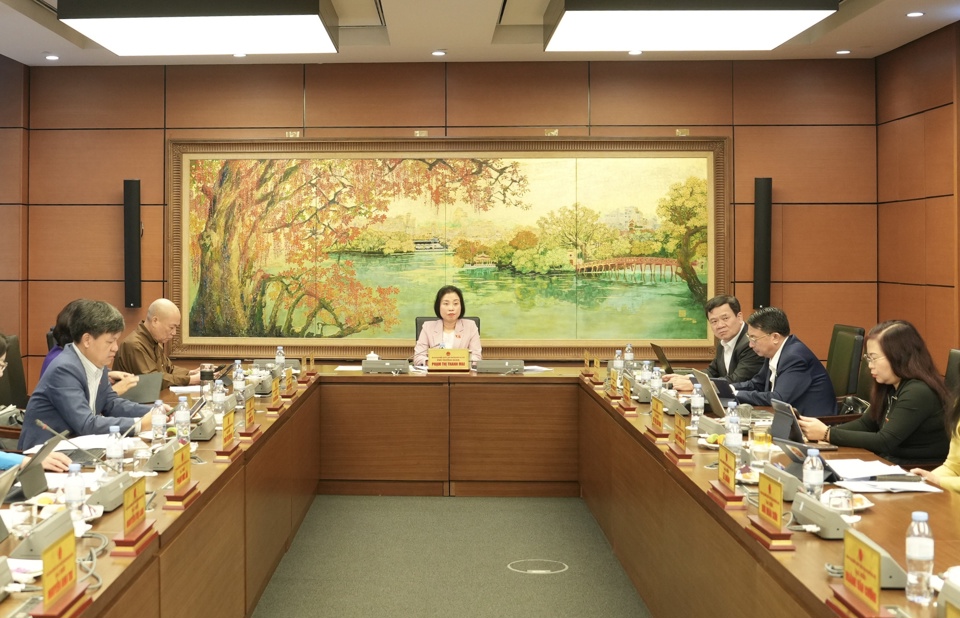
To make the bidding not a formality
Discussing at the Hanoi group on 1 law amending 4 laws, delegate Ta Dinh Thi highly appreciated the contents of the Draft Law submitted by the Government to the National Assembly this time. In particular, the Draft Law proposes to amend and supplement a number of regulations related to the order of planning, planning content, adjustment of national planning, regional planning and provincial planning - the planning is established, appraised, approved and adjusted according to the provisions of the Law on Planning.
According to the delegate, the Draft Law needs to clearly stipulate which level approves and which level is allowed to make adjustments to ensure consistency in planning and practical development requirements. At the same time, it is necessary to assign responsibility to the competent authority in adjusting the planning, for example, provincial planning is assigned to the Provincial People's Committee.
“The development of the marine economy is very potential for coastal localities. However, the Draft Law on amending and supplementing a number of articles of the Investment Law only mentions marine economic projects without clearly defining the authority and responsibility of any unit, for example offshore wind power projects. Therefore, the Draft Law needs to clearly stipulate the above contents to facilitate coastal localities to develop marine economy” - delegate Ta Dinh Thi expressed his opinion.
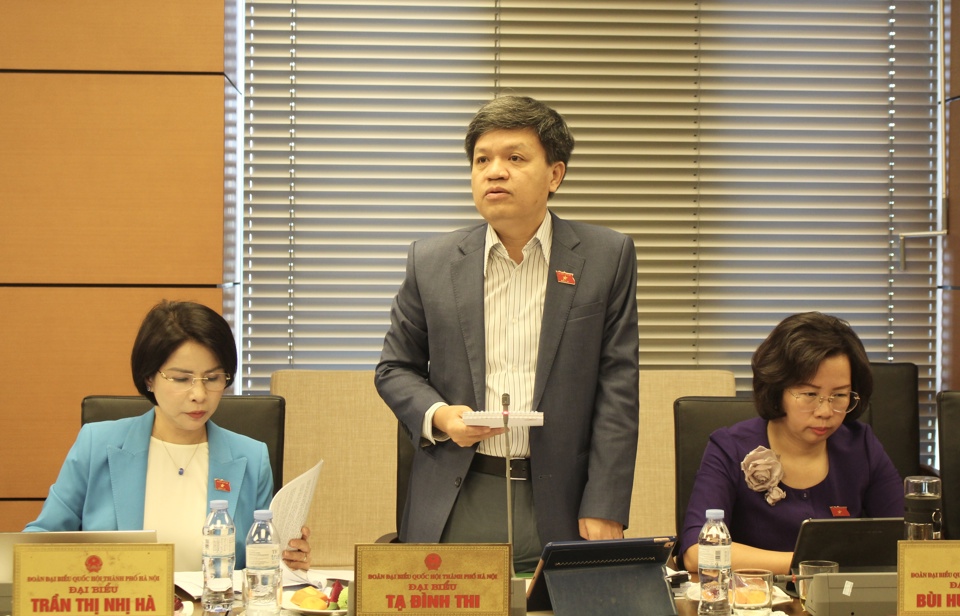
Concerned about the amendment of the Law on Planning, National Assembly delegate Nguyen Phi Thuong said that the drafting agency needs to review the whole thing to remove practical obstacles, especially towards long-term goals. Specifically, in Clause 2, Article 1 related to the content of the source of funding for planning activities, a transitional provision should be added to resolve cases that are in progress and must be settled with the content "for cases where the source of funding for planning activities has been arranged and paid before the Law takes effect, it will continue to be implemented with the allocated capital without the need for adjustment".
Regarding the Law on Bidding, delegate Nguyen Phi Thuong said that it is time to consider comprehensive amendments to ensure effective and fair bidding activities between price and quality.
Considering that there have been many shortcomings in drug bidding at hospitals in the past, delegate Nguyen Phi Thuong suggested that the amendment of the Law should be directed towards substance, so that bidding is not just a formality.
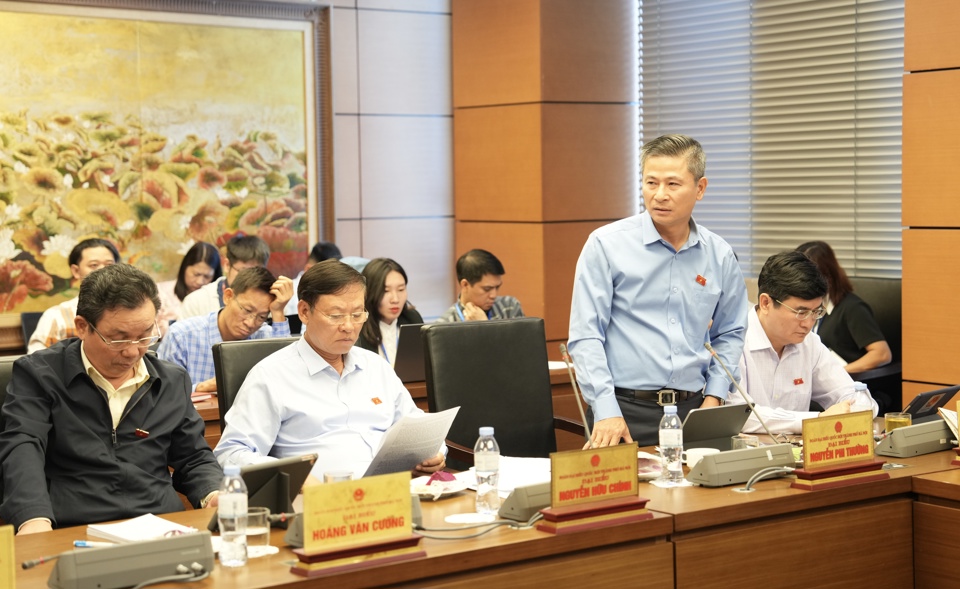
At the same time, delegates proposed to supplement regulations on bidding limits for bidding packages of projects on renovation, repair, upgrading and expansion of public assets; consulting bidding packages using regular expenditure funds are applied as for projects using public investment capital.
There are exhibits that have been damaged for many years, causing waste.
Discussing in groups about the National Assembly's Draft Resolution on piloting the handling of evidence and assets during the investigation, prosecution and trial of a number of criminal cases, National Assembly delegate, delegate Nguyen Hai Trung - Director of Hanoi City Police Department, said that the issuance of the Resolution is very necessary.
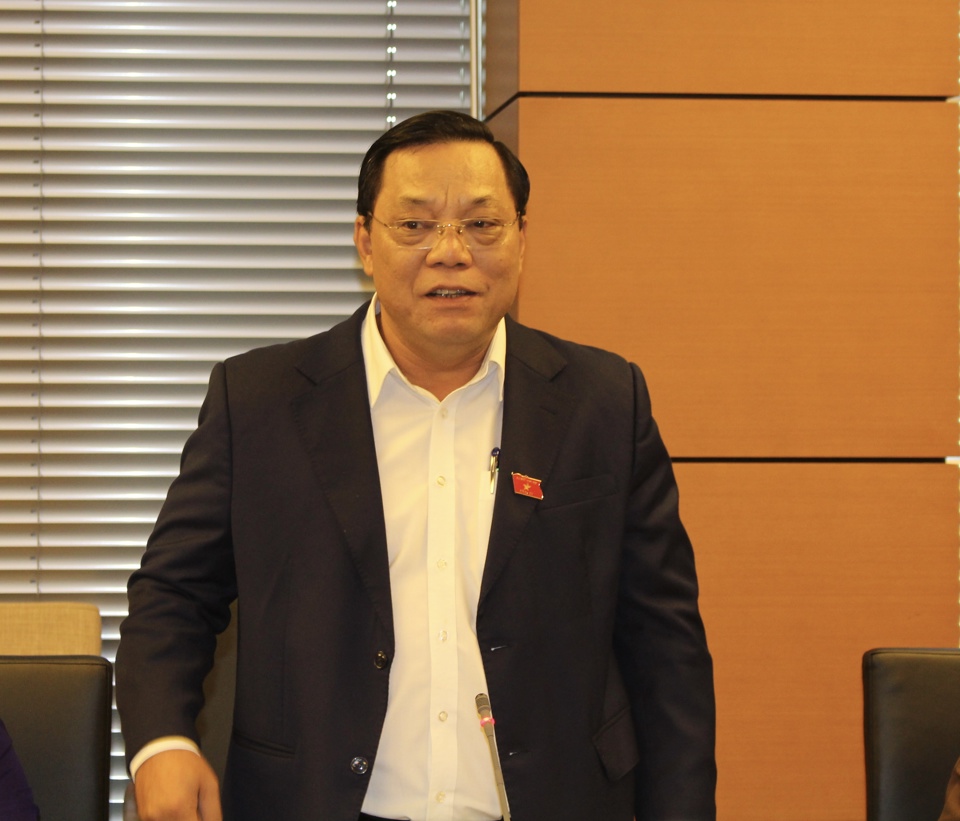
According to delegate Nguyen Hai Trung, Hanoi City Police are having to manage and process a huge amount of evidence, some of which are from many years ago, causing waste. The first waste is wasting the value of the evidence itself. There are assets that have been left for too long, have lost their value, and the vehicle owners do not pay attention to them, considering them as waste. Meanwhile, they cannot be liquidated, cannot be destroyed, and must be kept, which is very wasteful.
The second waste is to have a large evidence warehouse. The city police must have a common evidence warehouse, and districts must have evidence warehouses of district-level investigation agencies. So where can we get land to build evidence warehouses according to standards? In the judicial reform program, Hanoi must have evidence warehouses for both criminal and civil cases, but there are no warehouses or if there are, they do not meet the area and standards.
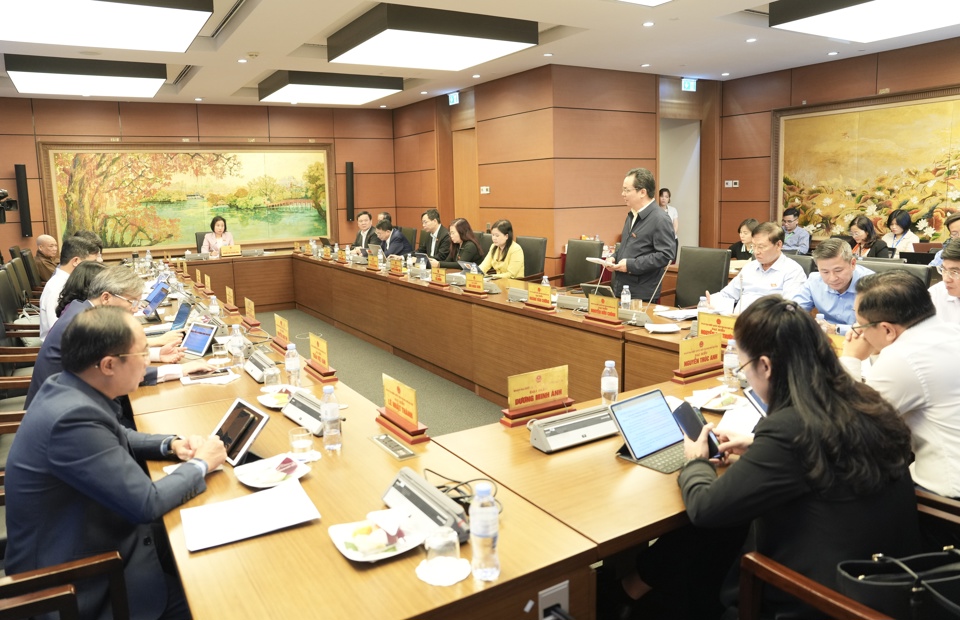
The third waste is having to arrange for someone to look after the evidence warehouse. According to regulations, the police are in charge of management and custody, while the court is in charge of handling the assets. “Recently, we received dozens of tons of rare earth in a case and had to build a temporary house to store it. Even though it is a temporary house, we still have to ensure quality and avoid loss. Meanwhile, it takes more than 1-2 people to look after it. If compared with the latest regulations, this is a very complicated, inconvenient, difficult and frustrating problem,” said delegate Nguyen Hai Trung.
From there, the delegates affirmed that the issuance of the National Assembly Resolution on piloting the handling of evidence and assets during the investigation, prosecution and trial of a number of criminal cases is very necessary. However, according to the submission and draft Resolution, the scope of the Resolution is still too narrow, only applying to a number of cases of the Central Steering Committee on Corruption, so it does not represent all cases to draw general conclusions.
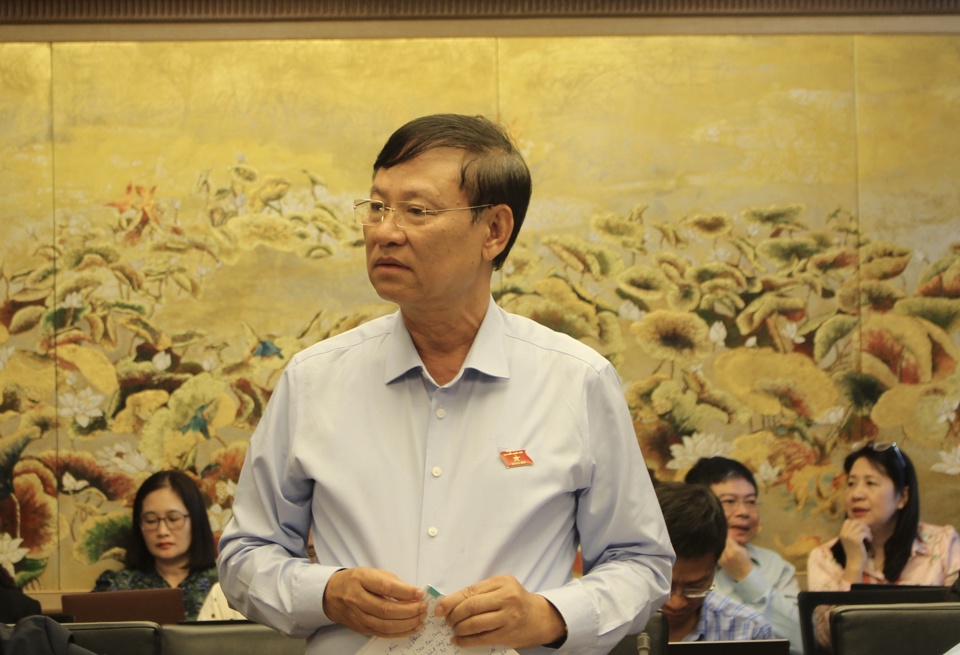
“After the pilot implementation of the Resolution, it is necessary to consider expanding the scope of regulation and even promulgating a law. Furthermore, the 3-year pilot period is too long, and is considered a bottleneck, so it must be urgently resolved and removed in accordance with the direction of the General Secretary and the National Assembly,” emphasized delegate Nguyen Hai Trung.
Sharing the same view, delegate Nguyen Huu Chinh commented that the Resolution on piloting the handling of evidence and assets during the investigation, prosecution and trial of a number of criminal cases should be issued sooner, because the current regulations are extremely inadequate, causing disadvantages for the defendant and the victim. According to the regulations, when initiating a case, the investigation agency has the right to freeze and seize assets. However, the final agency to handle these assets is the Court, which takes a very long time, usually lasting 1-2 years, causing damage to evidence...
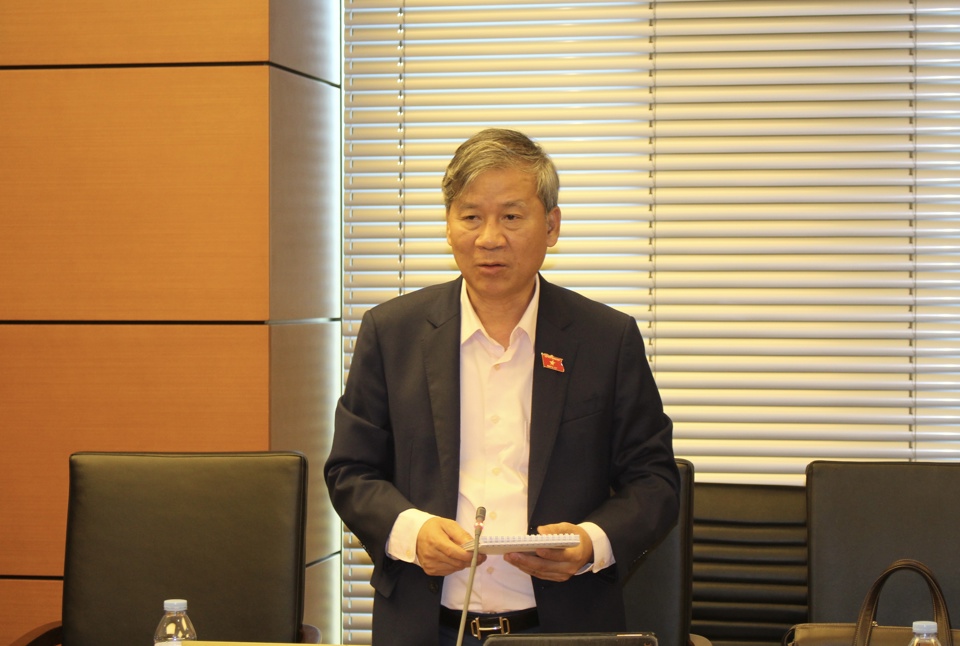
Meanwhile, delegate Nguyen Anh Tri said that recently, there have been cases where hospital directors have been arrested, and related machinery and equipment have been almost frozen, while the demand for them is great. "I have witnessed many large wood yards that were evidence in the case rotting, many means of violation were seized, and the seized machinery was severely damaged" - the delegate shared. At the same time, he said that the issuance of a Resolution on handling evidence and assets during the investigation, prosecution, and trial of a number of criminal cases is urgent, but the problem is how to organize and implement it well.
Source: https://kinhtedothi.vn/mot-luat-sua-4-luat-coi-troi-nhung-vuong-mac-trong-quy-hoach-dau-tu.html


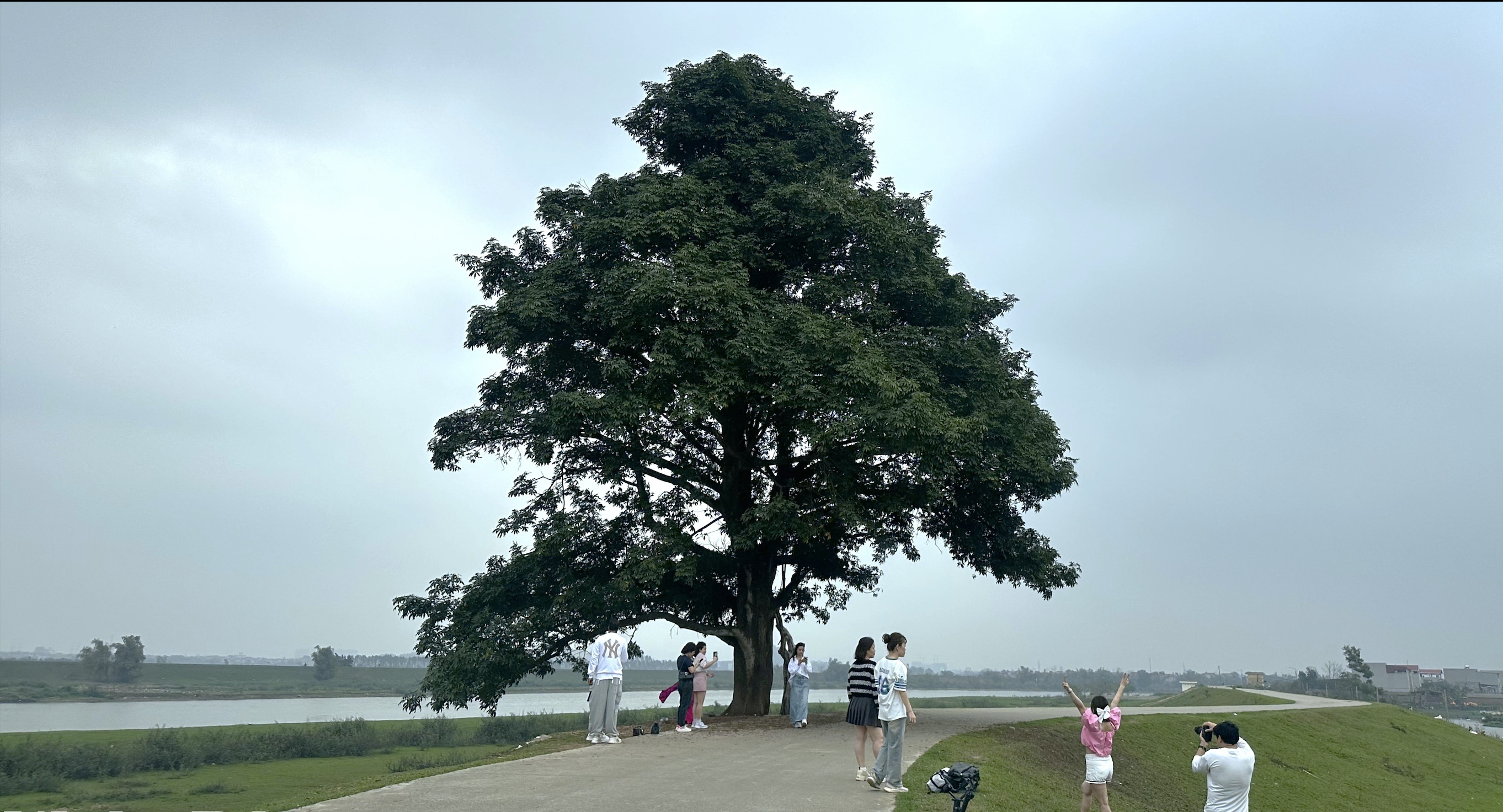

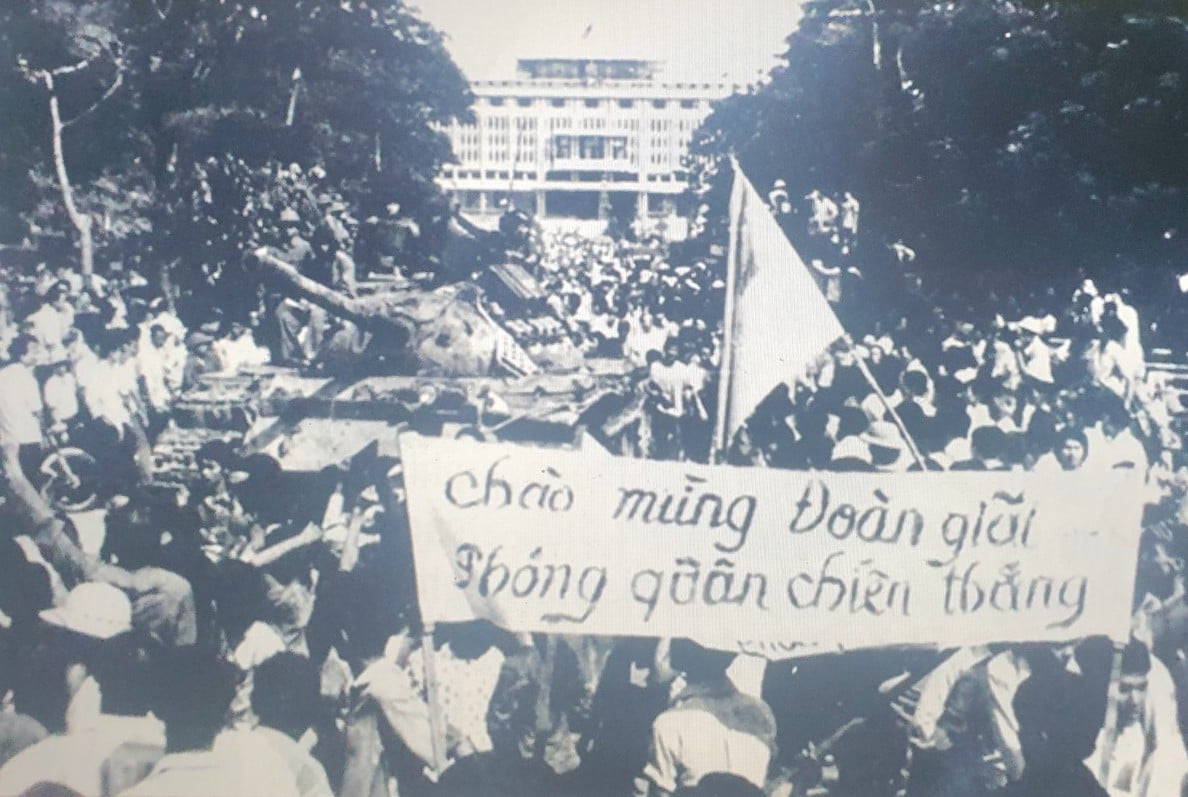


![[Photo] Prime Minister Pham Minh Chinh chairs meeting on US imposition of reciprocal tariffs on Vietnamese goods](https://vstatic.vietnam.vn/vietnam/resource/IMAGE/2025/4/5/9b45183755bb47828aa474c1f0e4f741)
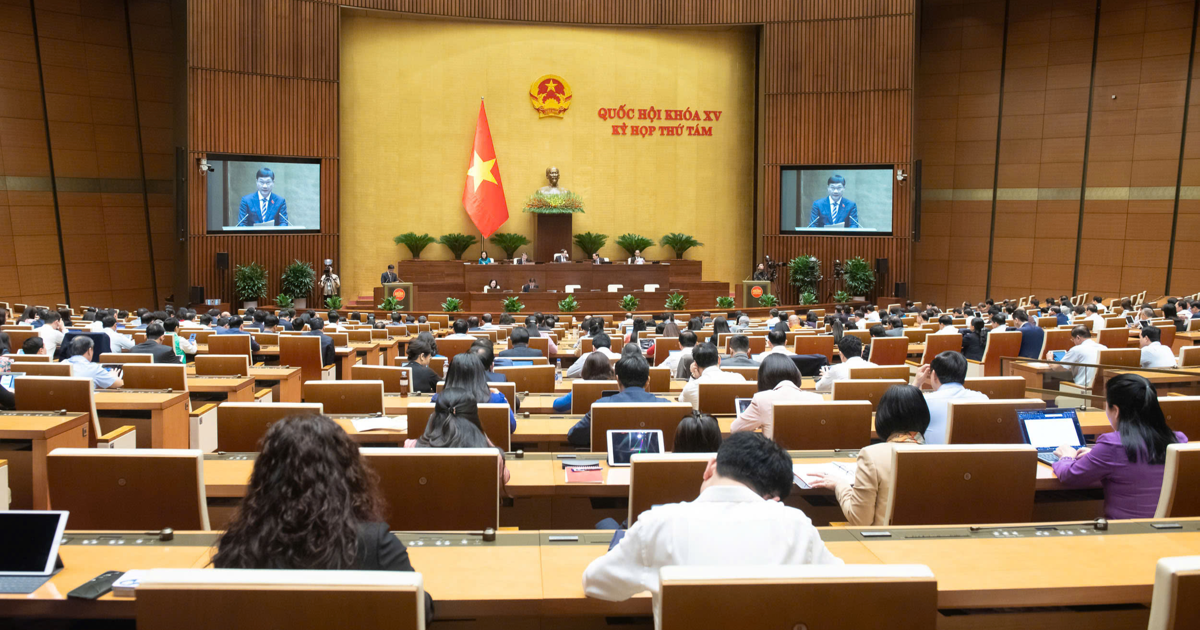
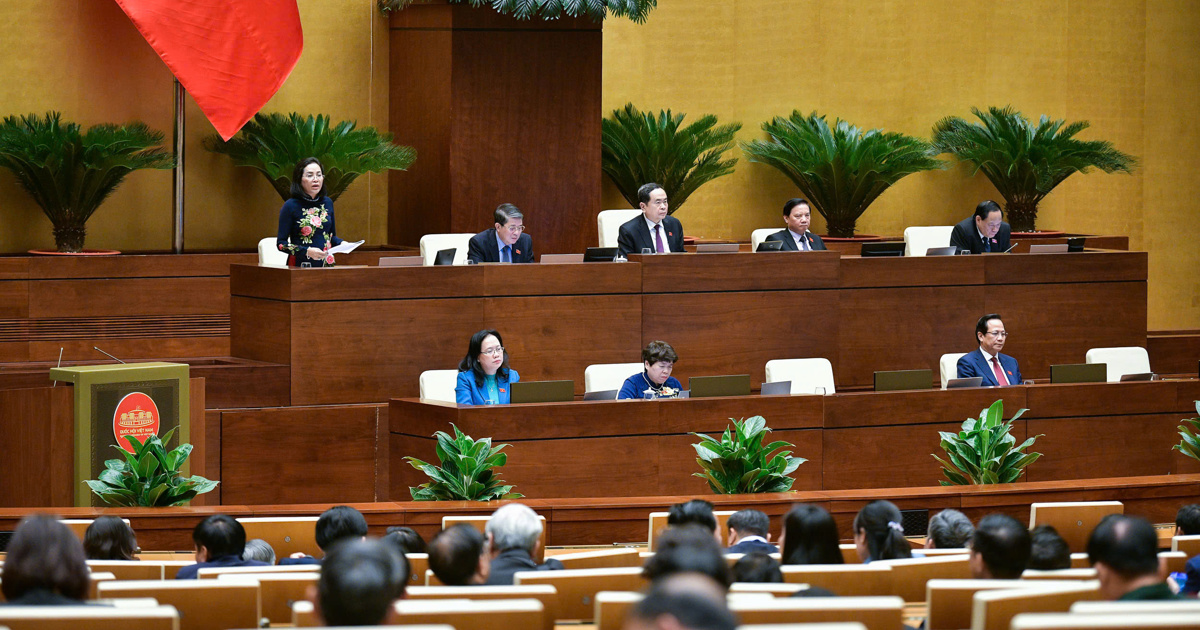
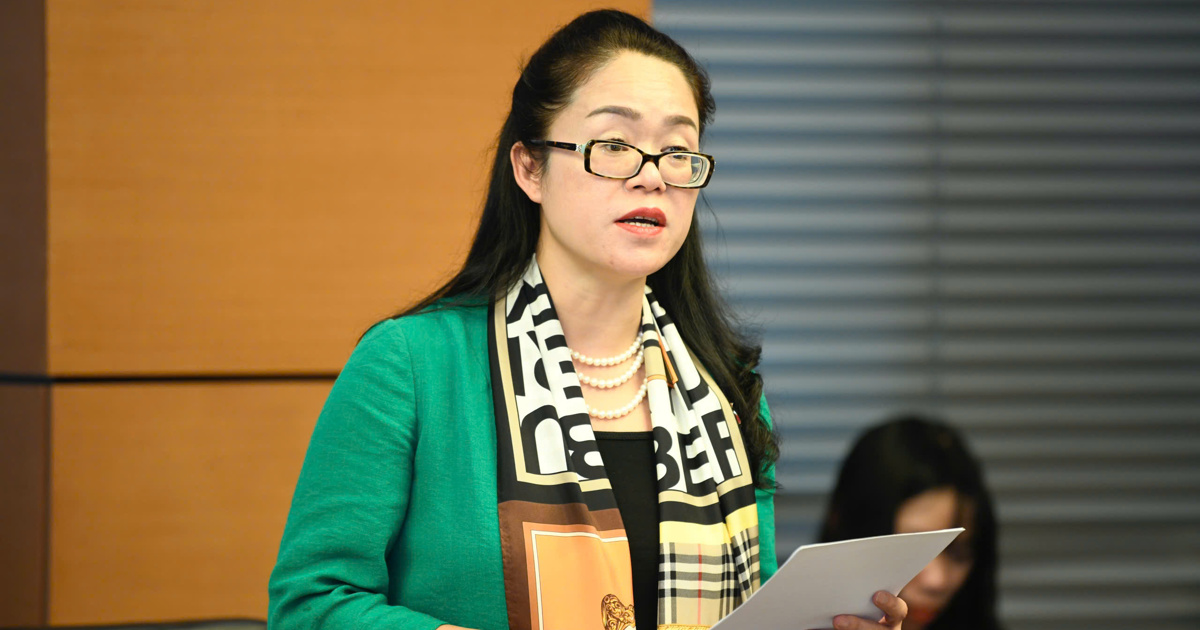
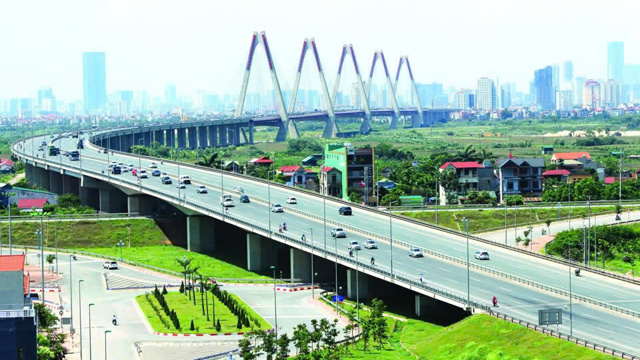
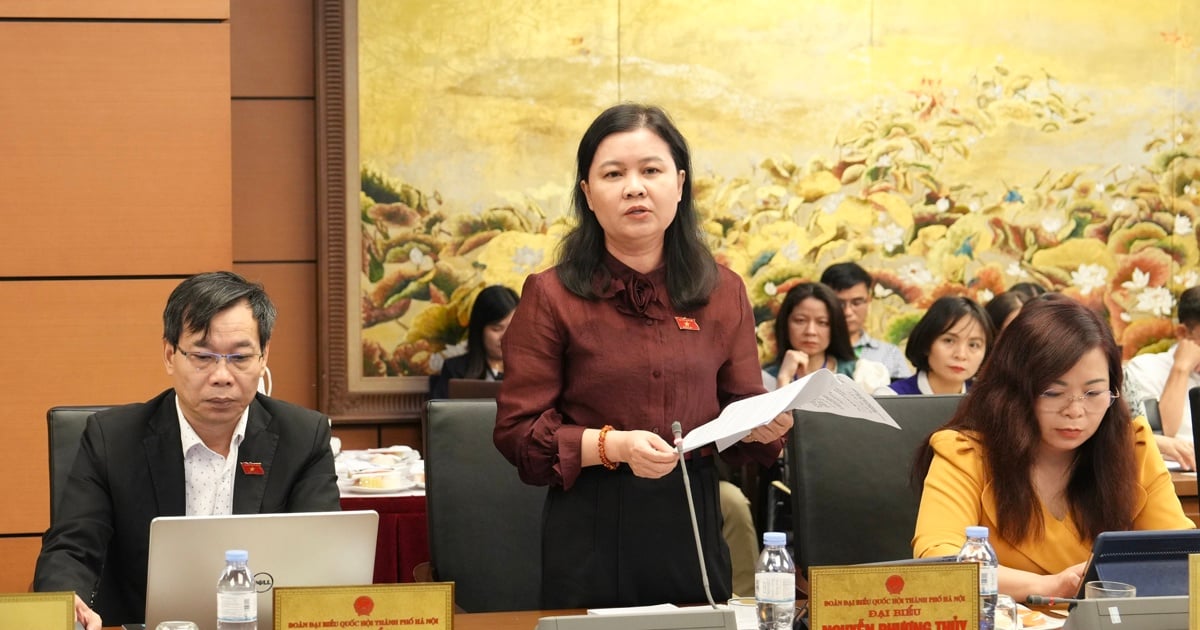
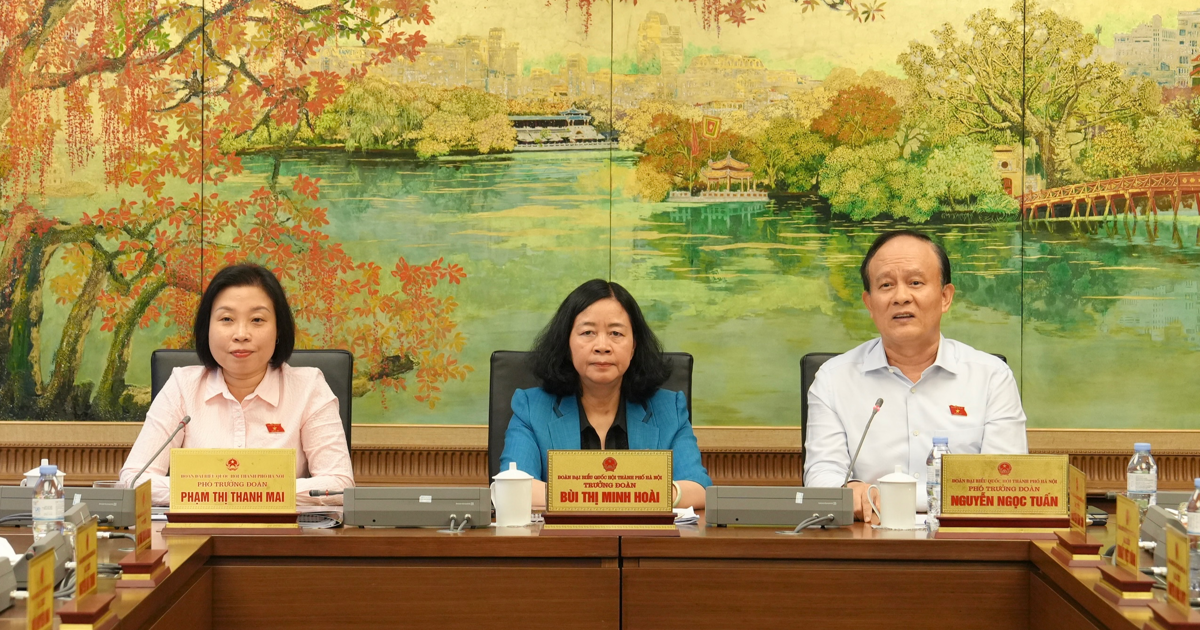
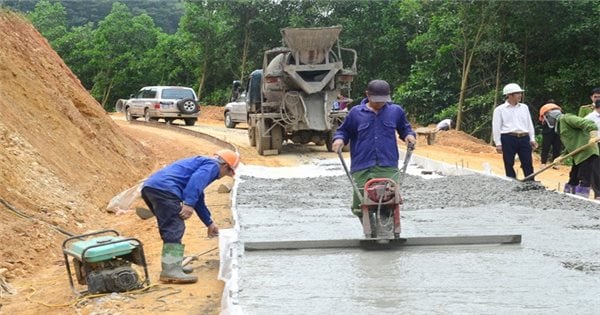






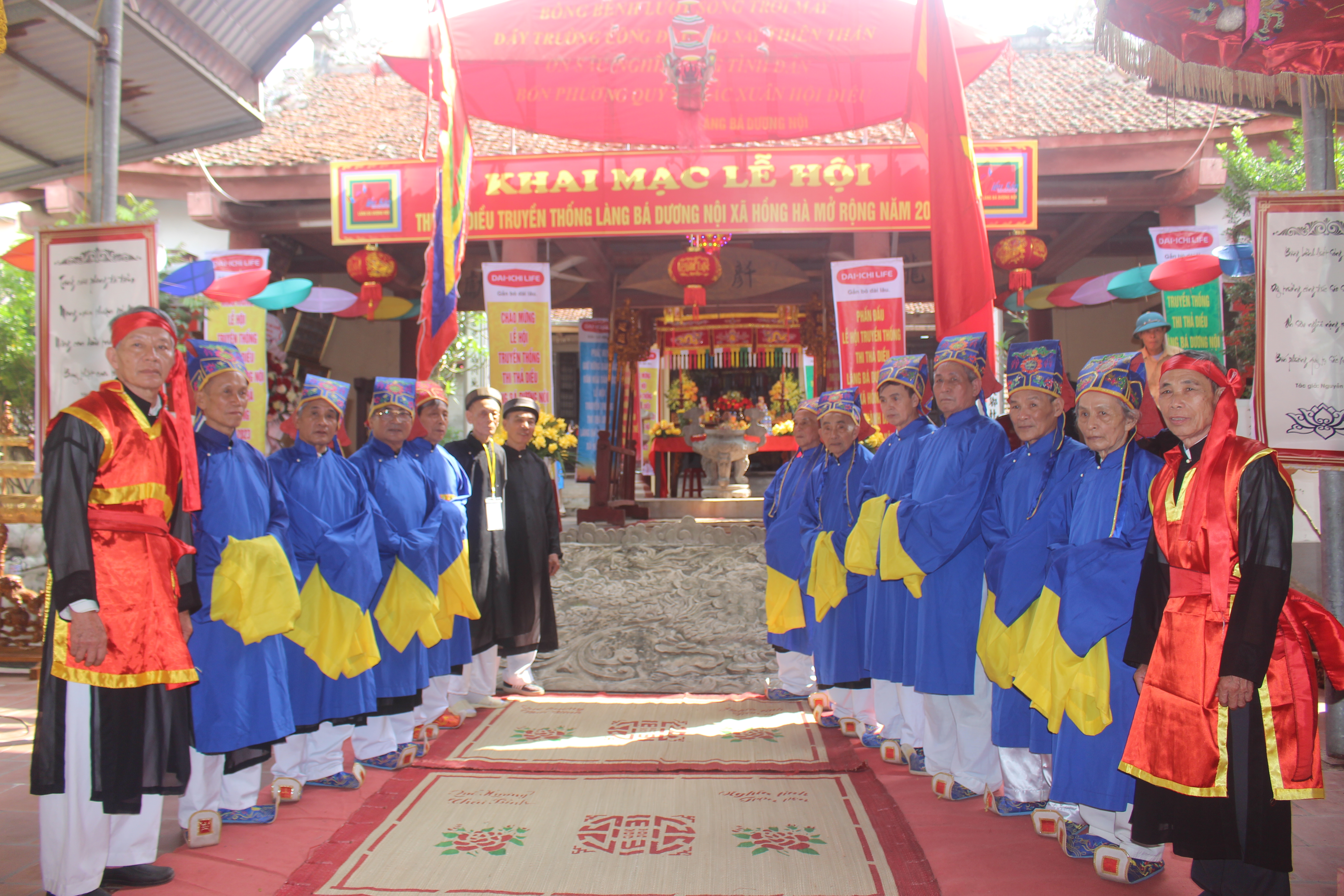




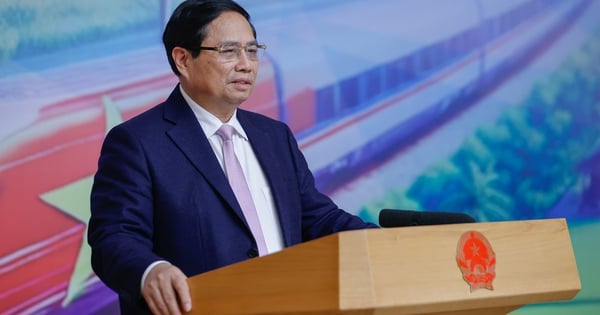

![[Photo] Dong Nai people warmly welcome the forces participating in the parade](https://vstatic.vietnam.vn/vietnam/resource/IMAGE/2025/4/5/ebec3a1598954e308282dcee7d38bda2)

![[Photo] Hanoi flies flags at half-mast in memory of comrade Khamtay Siphandone](https://vstatic.vietnam.vn/vietnam/resource/IMAGE/2025/4/5/b73c55d9c0ac4892b251453906ec48eb)

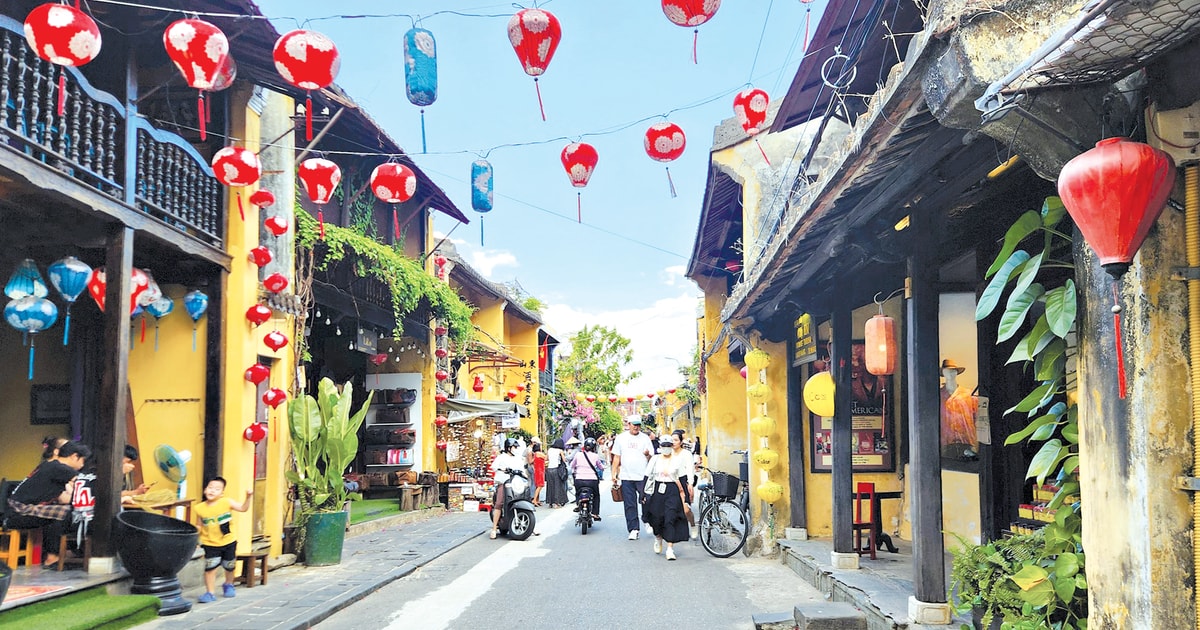







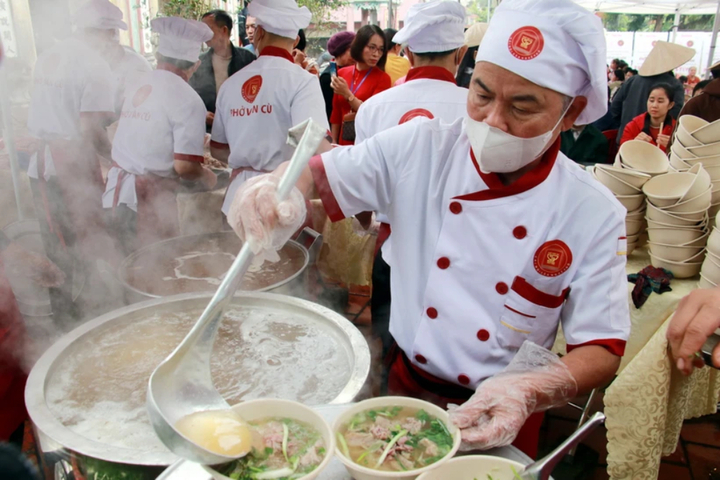

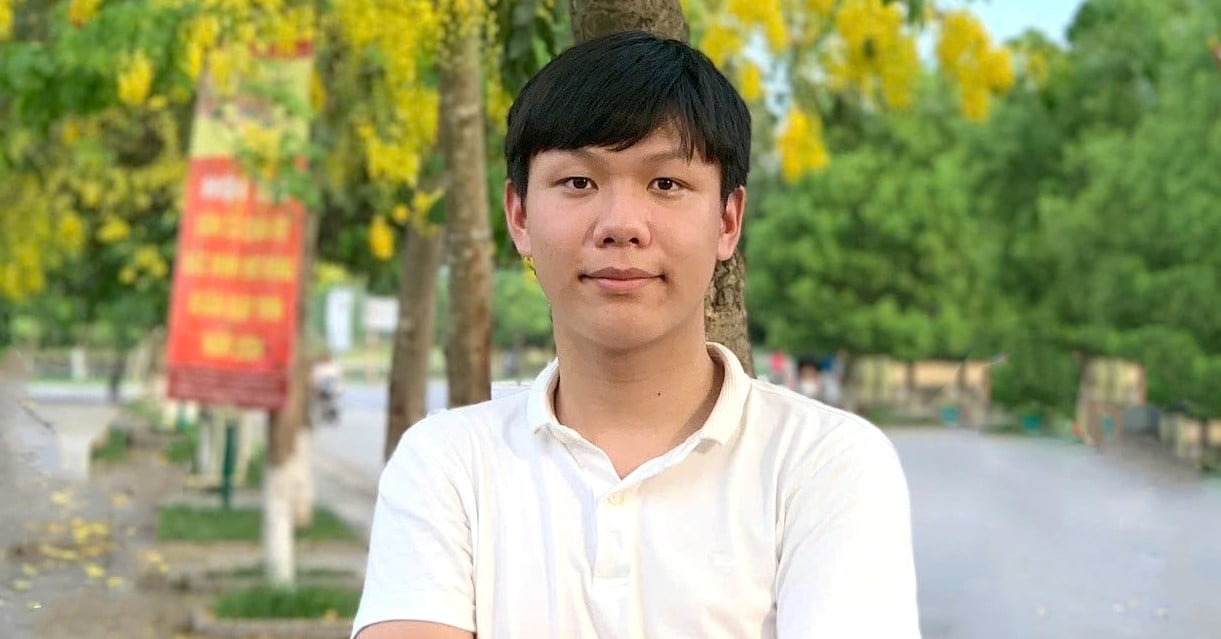



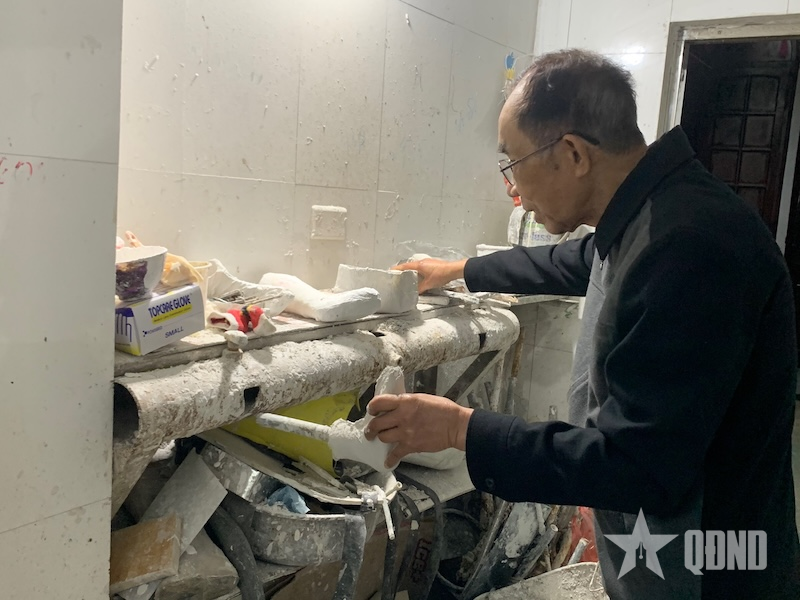





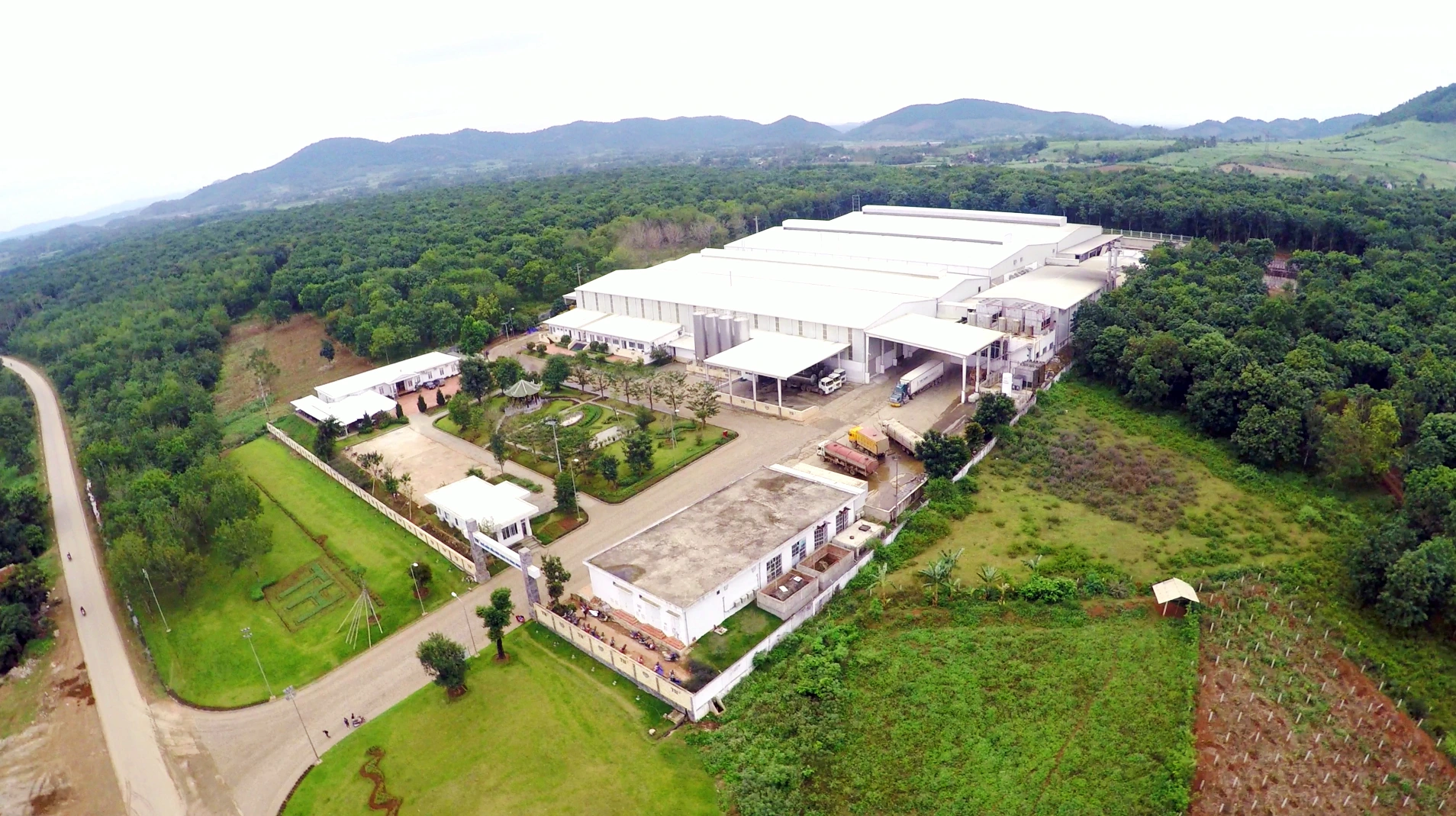




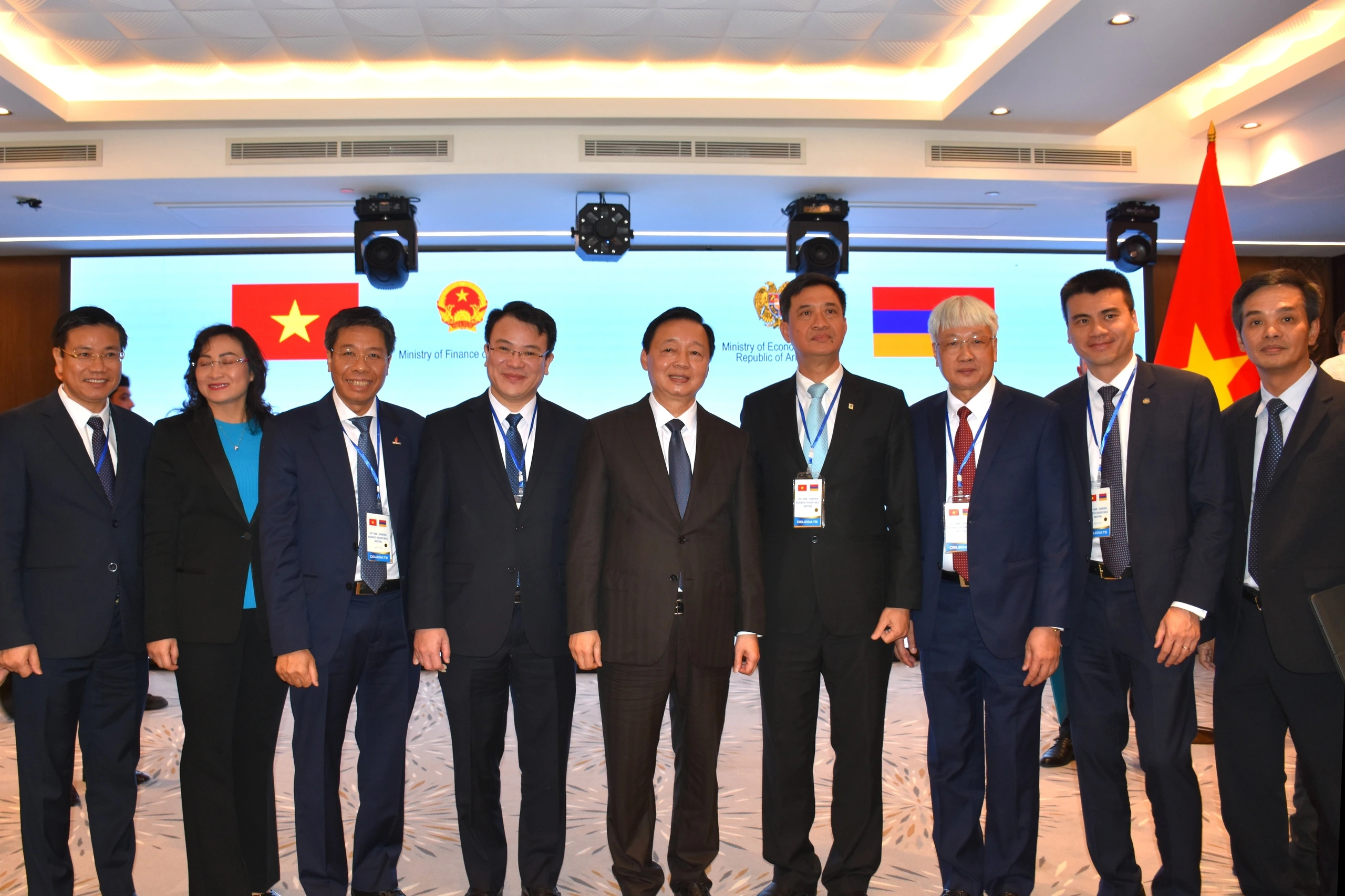



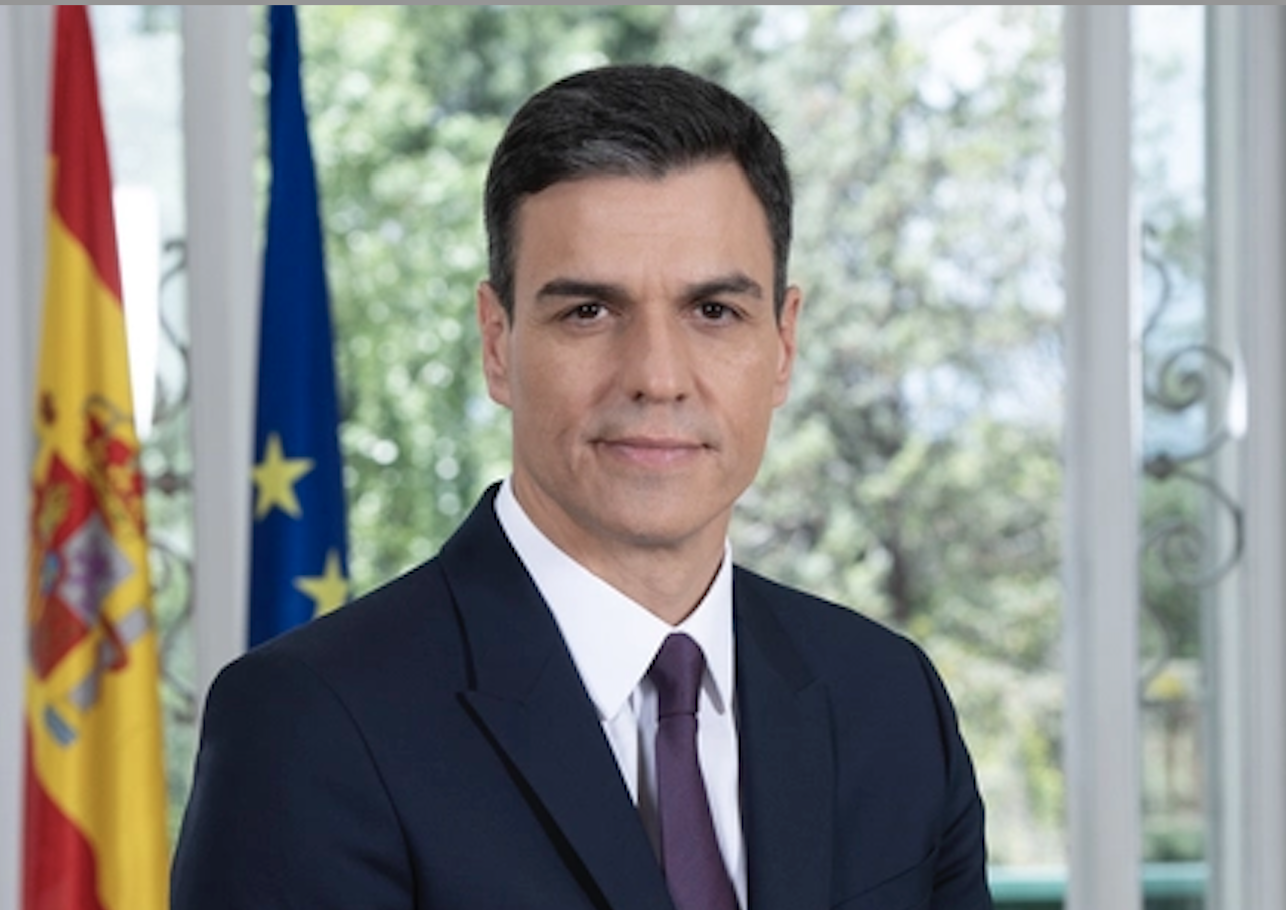

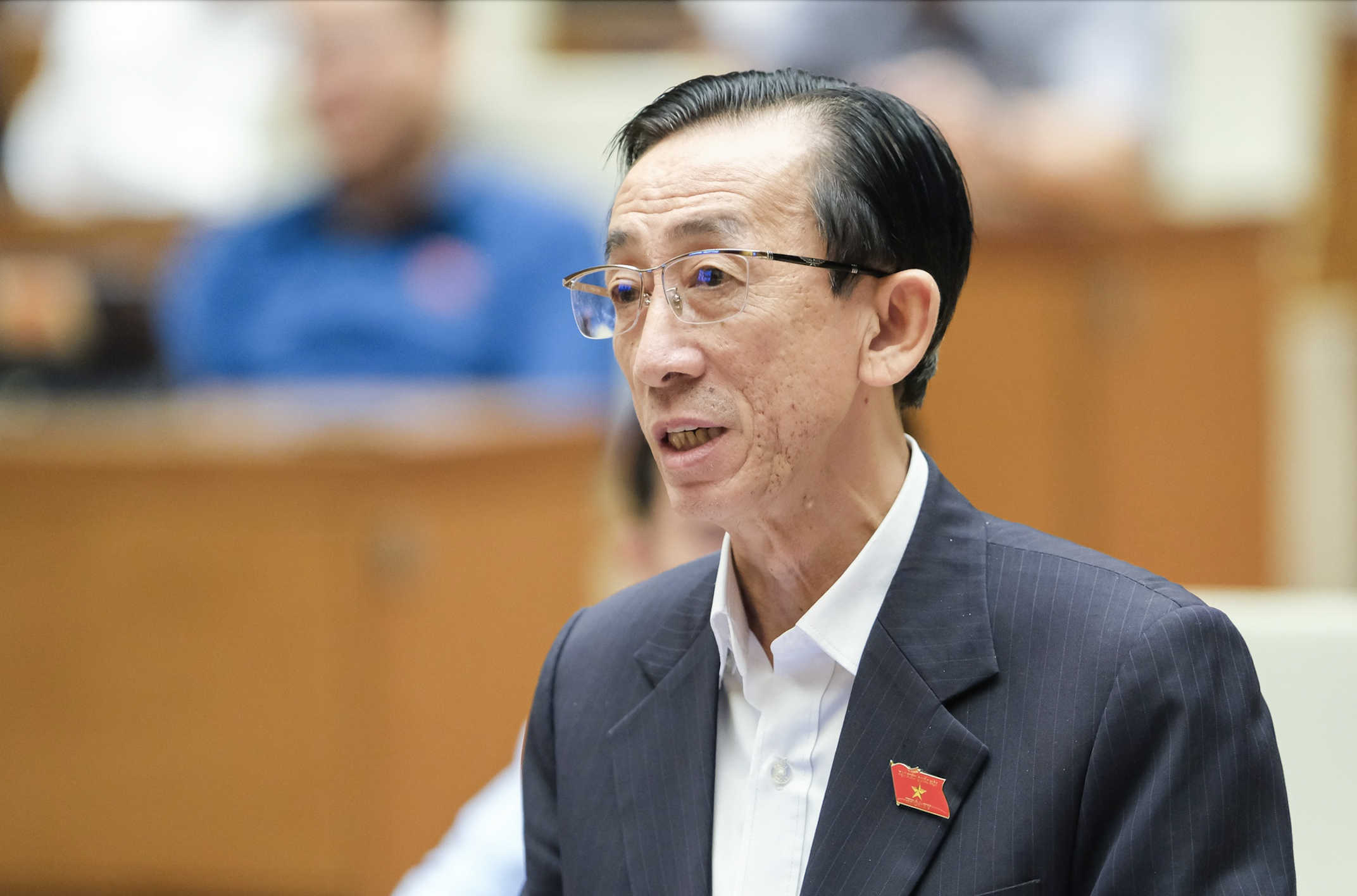

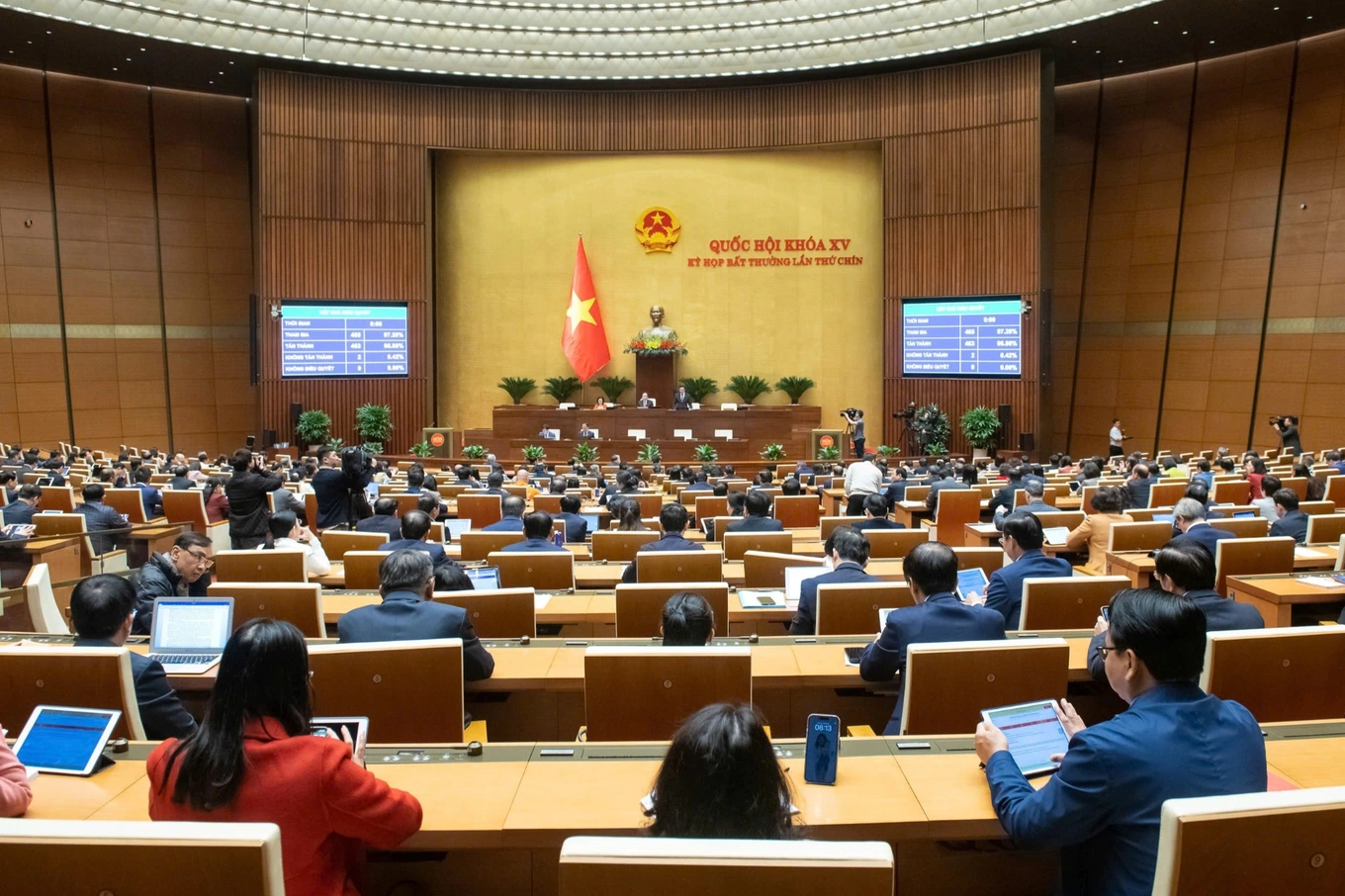


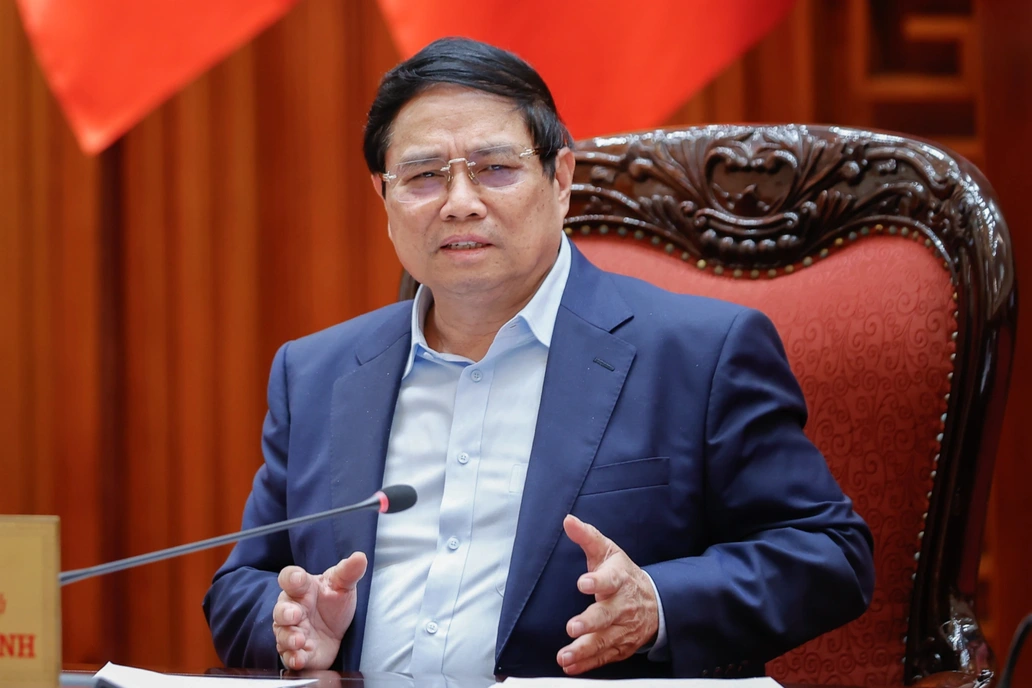



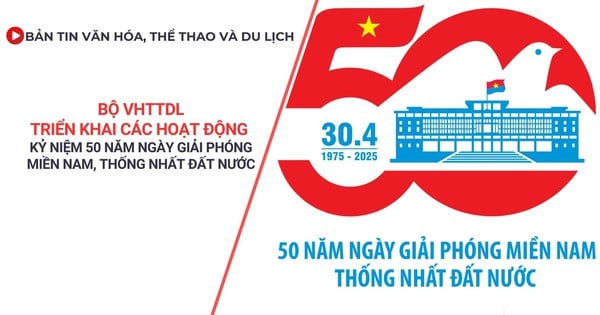


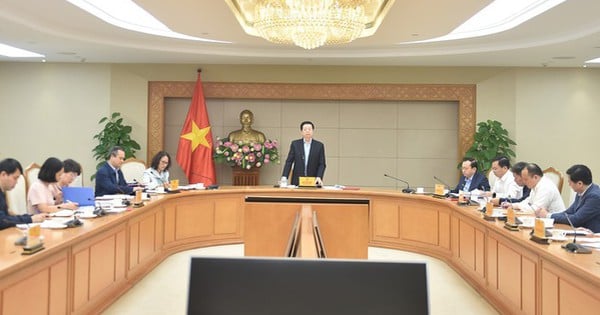

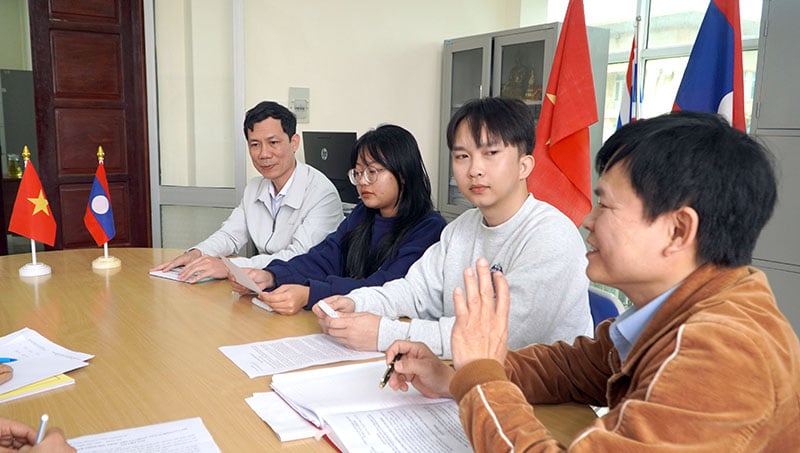

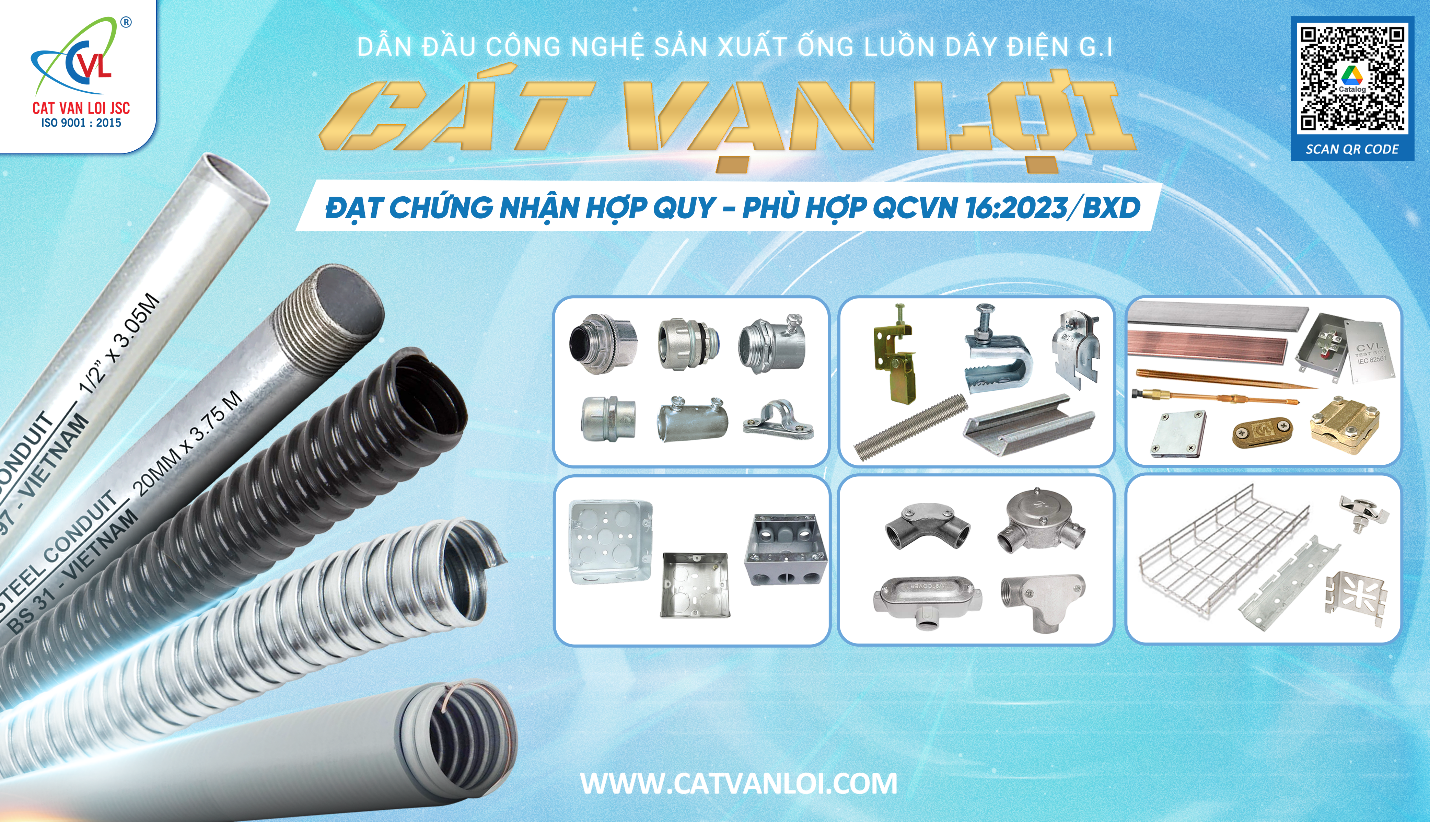

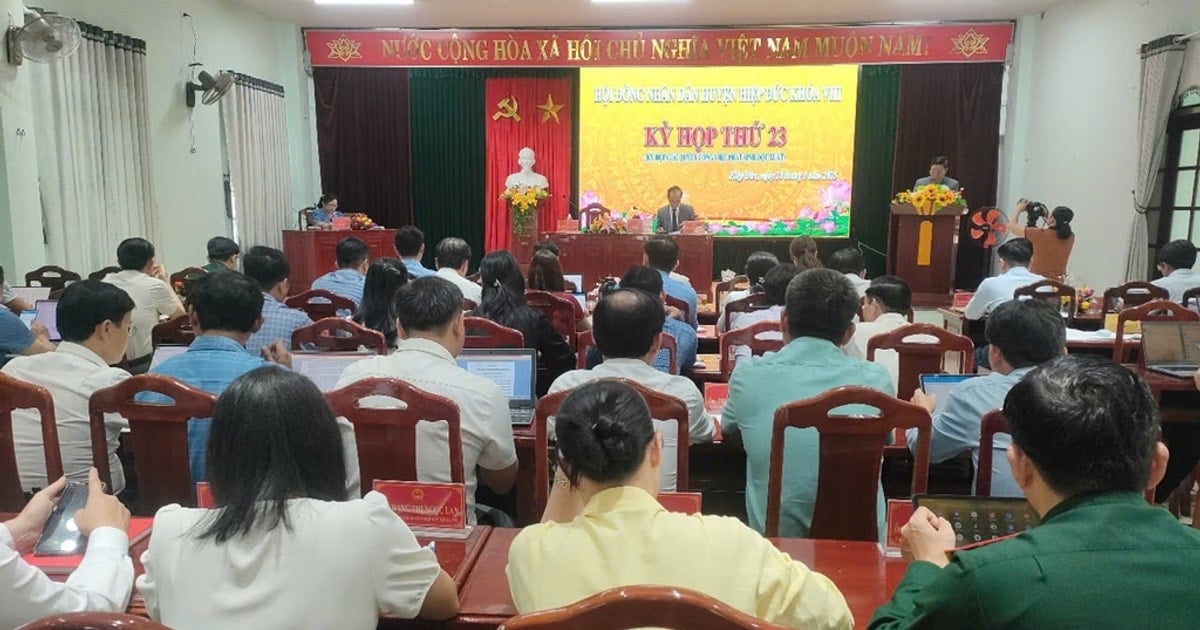


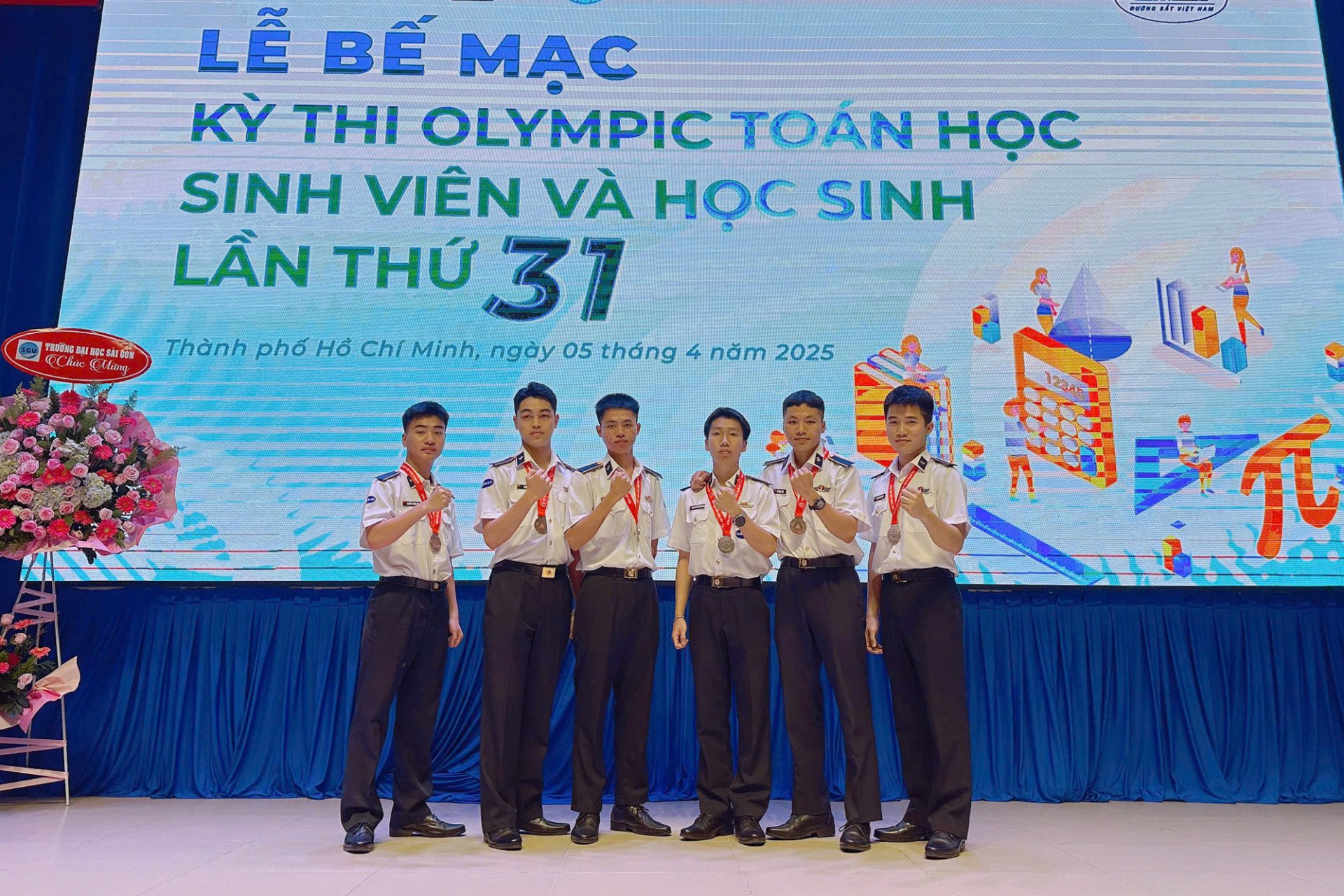


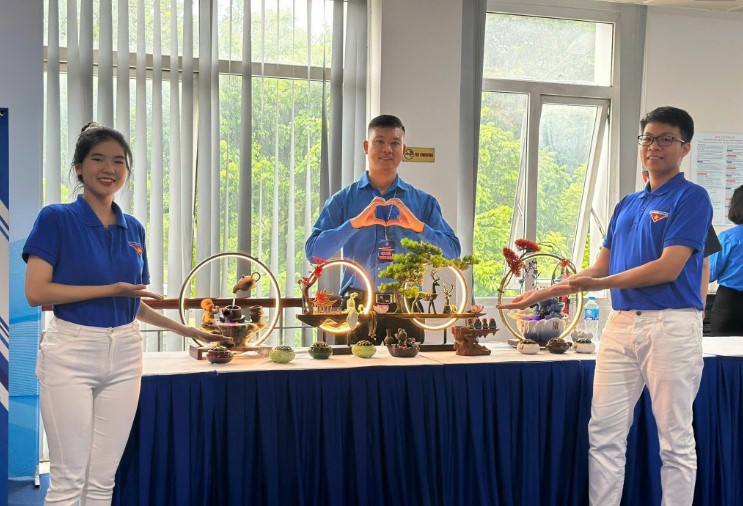
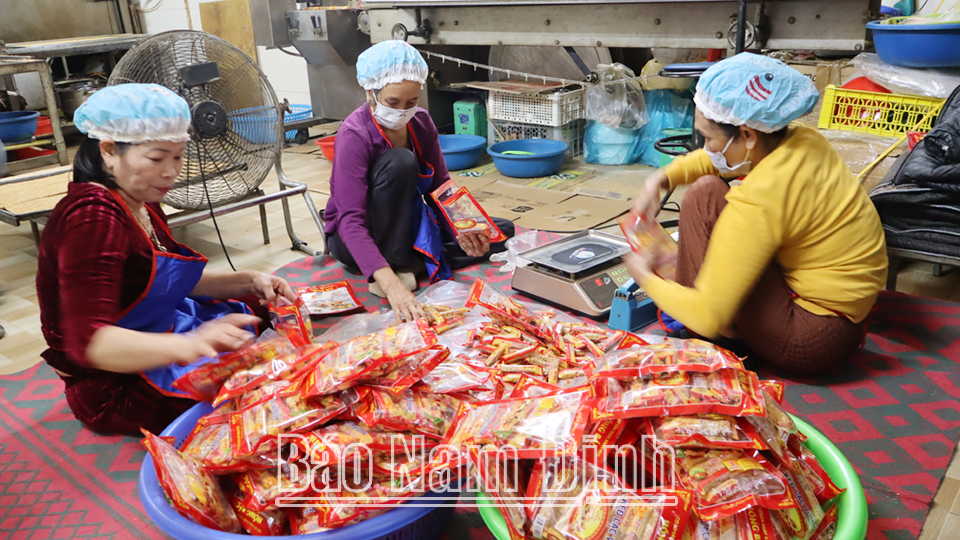

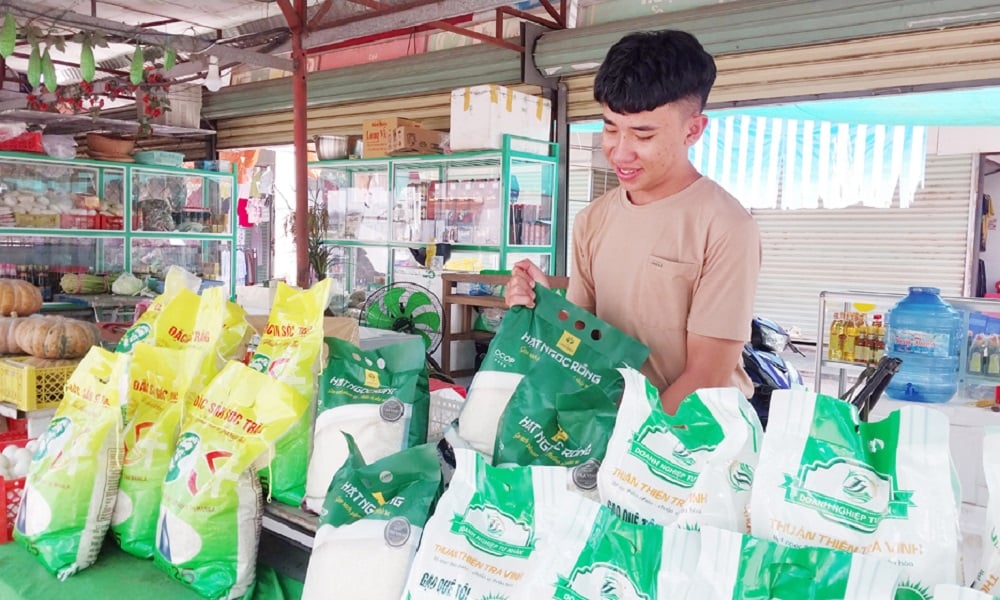
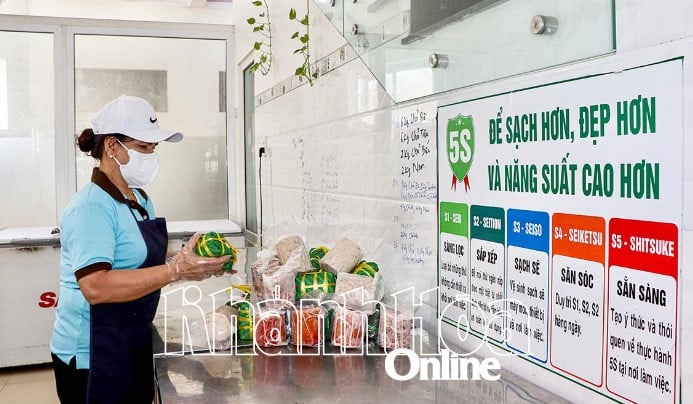
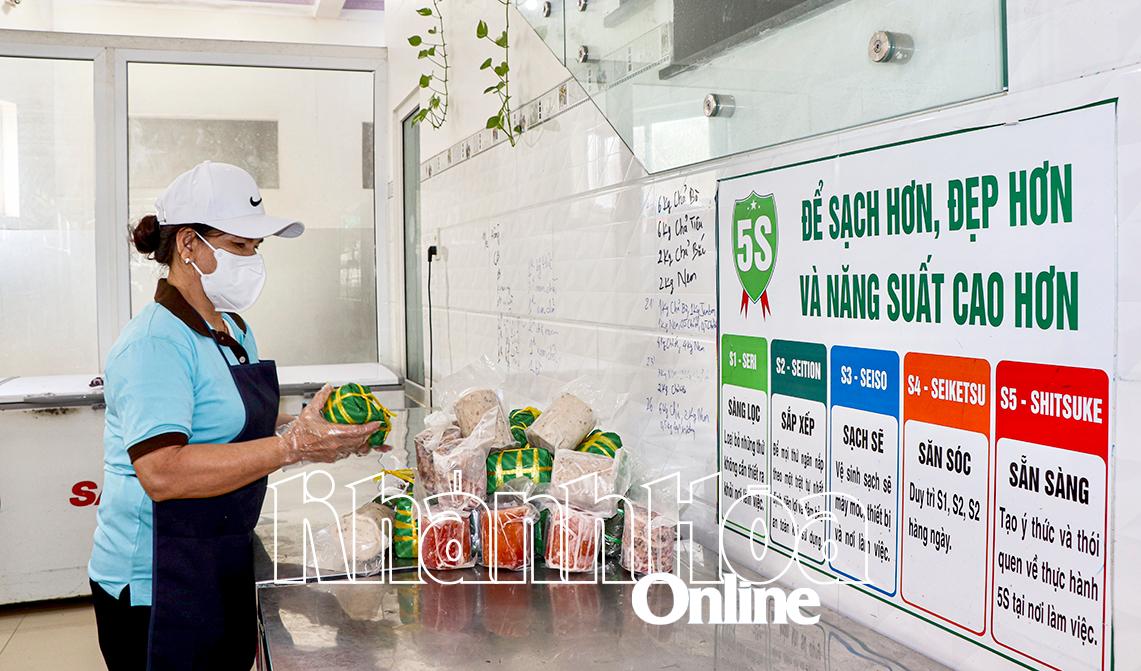
Comment (0)